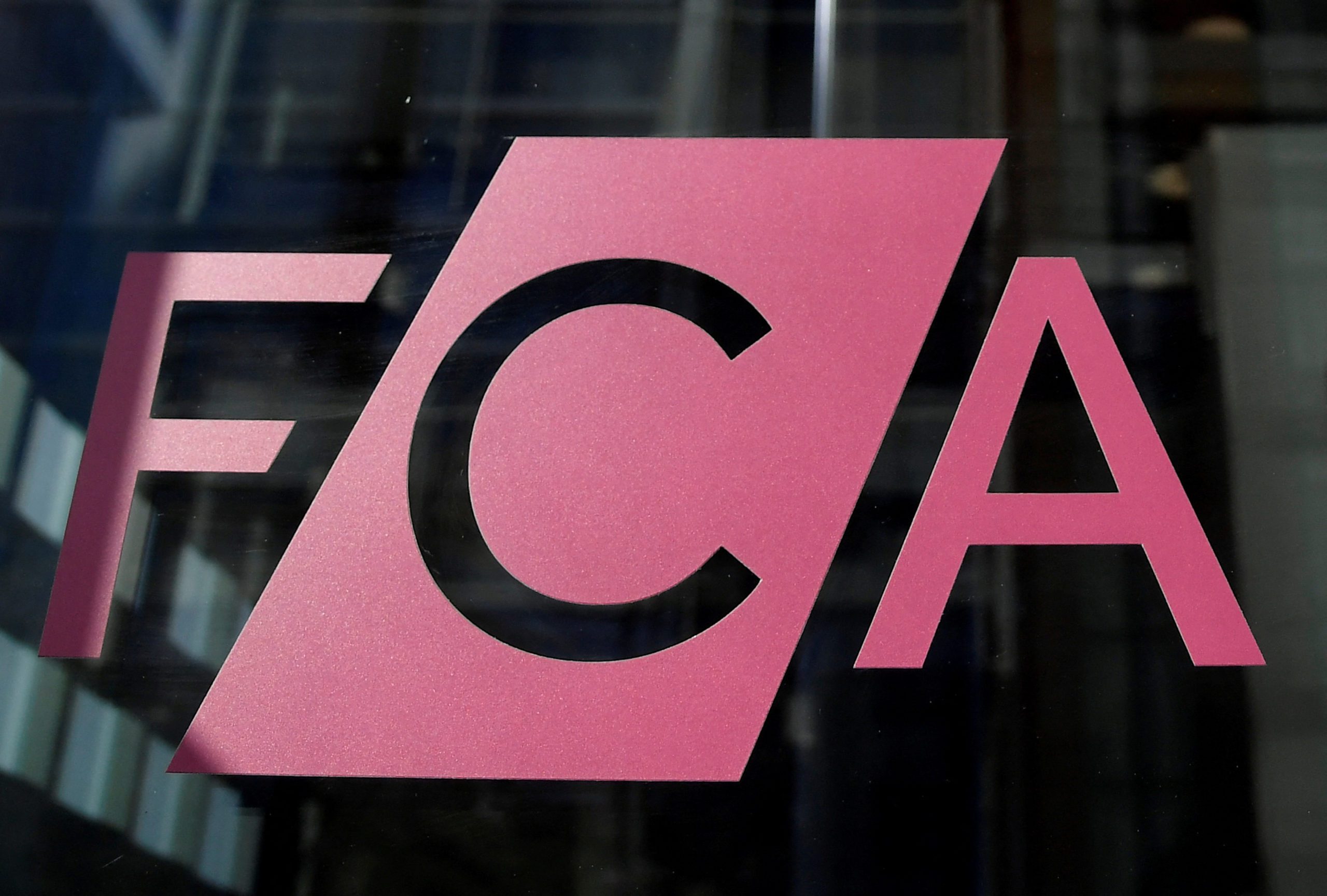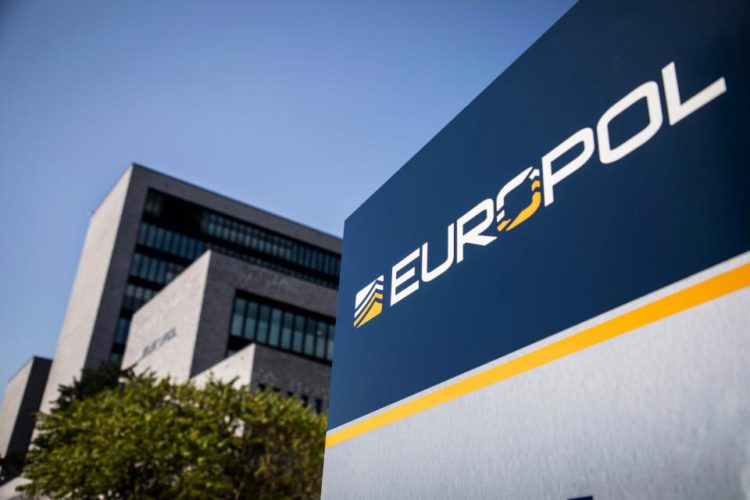By Elizabeth Hearst for AMLi
On Saturday, news broke that more than 100 companies had been registered to a family home in a Dublin suburb, without the owner’s knowledge.
When approached by the Irish Independent, the homeowner expressed shock and disbelief after it was revealed that 102 companies had been registered to his address in the last month alone.
The homeowner shares the property with his family and two Chinese tenants. Speaking to the Irish Independent, the homeowner said he was “not aware that either of them were operating any business from his address”, and that they were “very quiet”.
It’s reported that the name of one tenant is used considerably across the filings registered to Ireland’s Companies Registration Office (CRO), and is highlighted as a contact for service for these companies, but is not listed as a director or secretary.
It appears that some of the firms include directors who appear to be resident in European countries including Germany and France, however, it is believed that some registration details submitted to the CRO have been falsified.
The homeowner has now contacted the Irish Police and the Office of the Director of Corporate Enforcement in relation to the registrations.
The potential manipulation of Company Registrations, both in Ireland and abroad has proved contentious.
Ireland’s CRO has said that it relies on the “good faith” of those filing registrations, which some people believe may open the gates for potential abuse.
Under current legislation, companies that are registered in Ireland must have at least one director resident within the EEA, to avoid a €25,000 bond, according to the Irish Independent.
However, the practice of misleading or falsifying company registration data is something that occurs worldwide.
As of 2018, in the UK, who also use the “good faith” principle, there were 4.1 Million companies listed on the beneficial ownership register.
In an investigation, anti-corruption group Global Witness discovered that there were 4,000 listed beneficial owners who were under the age of 2, including those who had not yet been born.
Over 40% of the beneficial owners of Scottish Limited Partnerships (SLPs) are “either a national of a former Soviet country, or a company incorporated there”, in comparison to 0.1% of all UK Limited Companies.
The investigation also highlighted that 5 beneficial owners “control more than 6,000 companies that are registered with Companies House.
In an explosive long-read, Oliver Bullough of the Guardian detailed the five key steps criminals are taking to hide dirty money in plain sight. He added that the UK Treasury Minister John Glen had previously admitted that the Companies House could not afford to check the information filed with it, as it would cost the UK economy hundreds of millions of pounds per year.
Bullough’s investigation into the ease of falsifying company registration showed an enormous number of false registrations with misspelled names, errors and illegitimate details.
“Since 2016, the UK government has made it compulsory for anyone setting up a company to name the individual who actually owns it”, often referred to as the PSC or “Person with Significant Control”, according to Bullough.
However, Bullough admits the “secret” is that “no one checks the accuracy of the information” provided to register a company. He added: “You can say pretty much anything and Companies House will accept it”.
As part of the EU’s Fourth Anti-Money Laundering Directive which requires “all EU Member States are required to put into national law provisions requiring corporate and legal entities to obtain and hold adequate, accurate and current information on their beneficial owner(s)”, however it is unclear whether this is being adequately adhered to.
By November 2019, 160,000 companies (69.4% in total) had registered their beneficial ownership details with Ireland’s RBO. Should a company not file with the RBO, they may be liable for €5,000 fine and on conviction to a fine of up to €500,000.
Last month, global anti-corruption body Transparency International called on EU Member States to comply with existing directives, and categorised EU Member States according to their compliance with the 5th Anti-Money Laundering Directive’s Beneficial Ownership requirements.
AMLintelligence reported that 24 out of 27 Member States did possess some form of register, however Hungary, Italy and Lithuania “had not established any registers over a year after the transposition deadline”.
Transparency International has also called for the European Commission to “propose a set of guidelines to improve the availability of beneficial ownership data”.
The body warned that “unless these issues are addressed across the board, authorities and independent actors in the EU and beyond will continue facing difficulties in identifying the real individuals behind the companies that are used and abused to commit financial crimes”.
Chillingly, they believe that if this is not implemented “there’s no stopping the flow of dirty money in the EU”.
With evidence mounting about the need for beneficial ownership registration across the board, and appropriate due diligence conducted on those registered, it will remain to be seen if EU Member States will be able to keep up and ensure the bloc will not be used and abused by those keen to funnel dirty money.
Share this on:
Follow us on:








